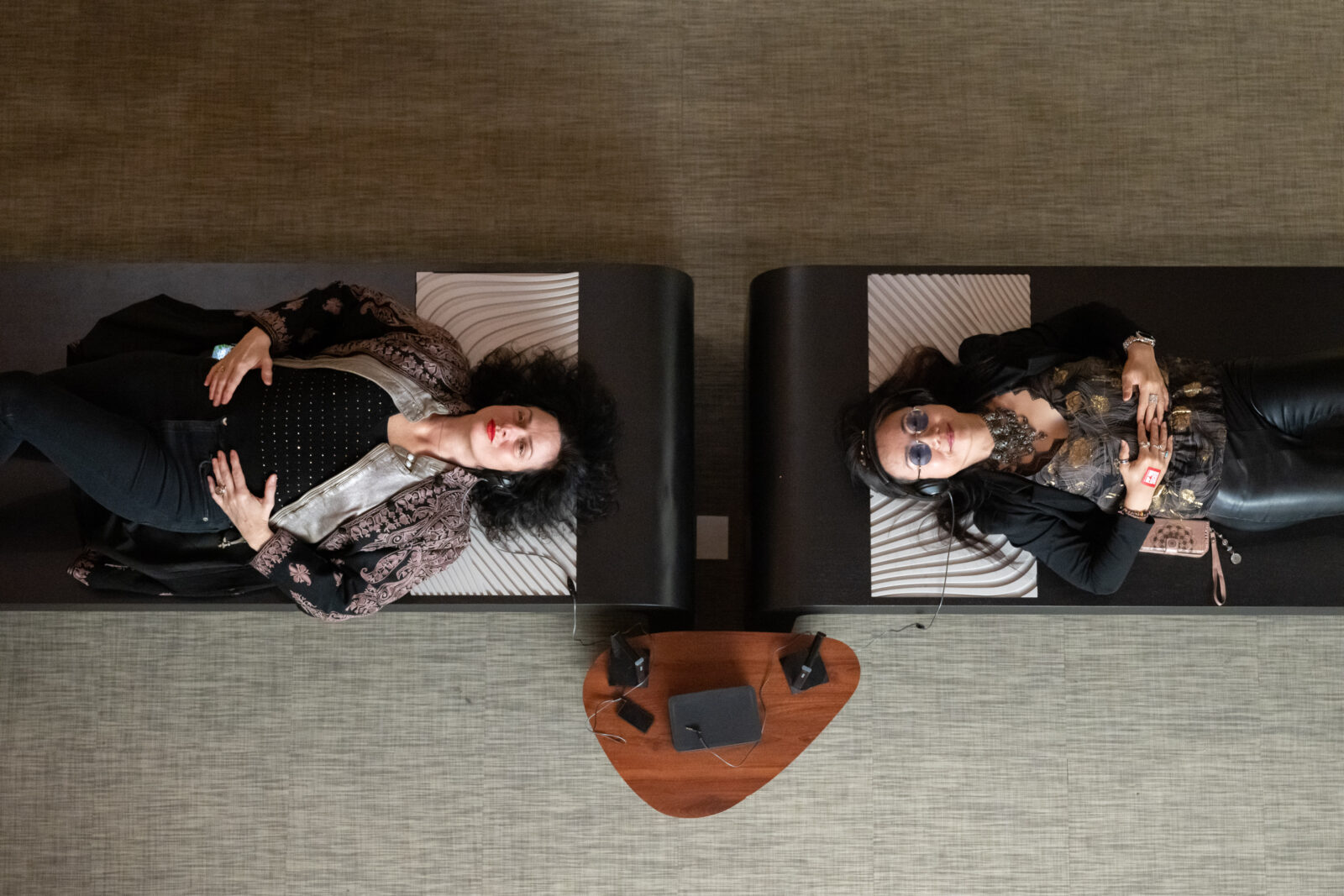Lead support for the Rubin Museum is provided by the Milton and Sally Avery Arts Foundation, Bob and Lois Baylis, Barbara Bowman, E. Rhodes and Leona B. Carpenter Foundation, Noah P. Dorsky, Fred Eychaner, Christopher J. Fussner, Agnes Gund, The Robert H. N. Ho Family Foundation Global, Henry Luce Foundation, The Pierre and Tana Matisse Foundation, Mellon Foundation, Matt and Ann Nimetz, Randleigh Foundation, Shelley and Donald Rubin, Tiger Baron Foundation, and Ellen Bayard Weedon Foundation.
General operating support of the Rubin Museum of Art is provided by Daphne Hoch Cunningham and John Cunningham, Anne E. Delaney, Dalio Philanthropies, Janet Gardner, the Estate of Lisina M. Hoch, Dan Gimbel of NEPC, Inc., Gerry Ohrstrom, The Prospect Hill Foundation, Basha Rubin and Scott Grinsell, Namita and Arun Saraf, Linda Schejola, Eric and Alexandra Schoenberg, Eileen Caulfield Schwab, Jesse Smith and Annice Kenan, Tsherin Sherpa, Tong-Tong Zhu and Jianing Liu, with generous donations from the Museum’s Board of Trustees, individual donors and members, and corporate and foundation supporters.
This program is supported, in part, by public funds from the New York City Department of Cultural Affairs, in partnership with the City Council.
The Rubin Museum’s programs are made possible by the New York State Council on the Arts with the support of the Office of Governor Kathy Hochul and the New York State Legislature.
